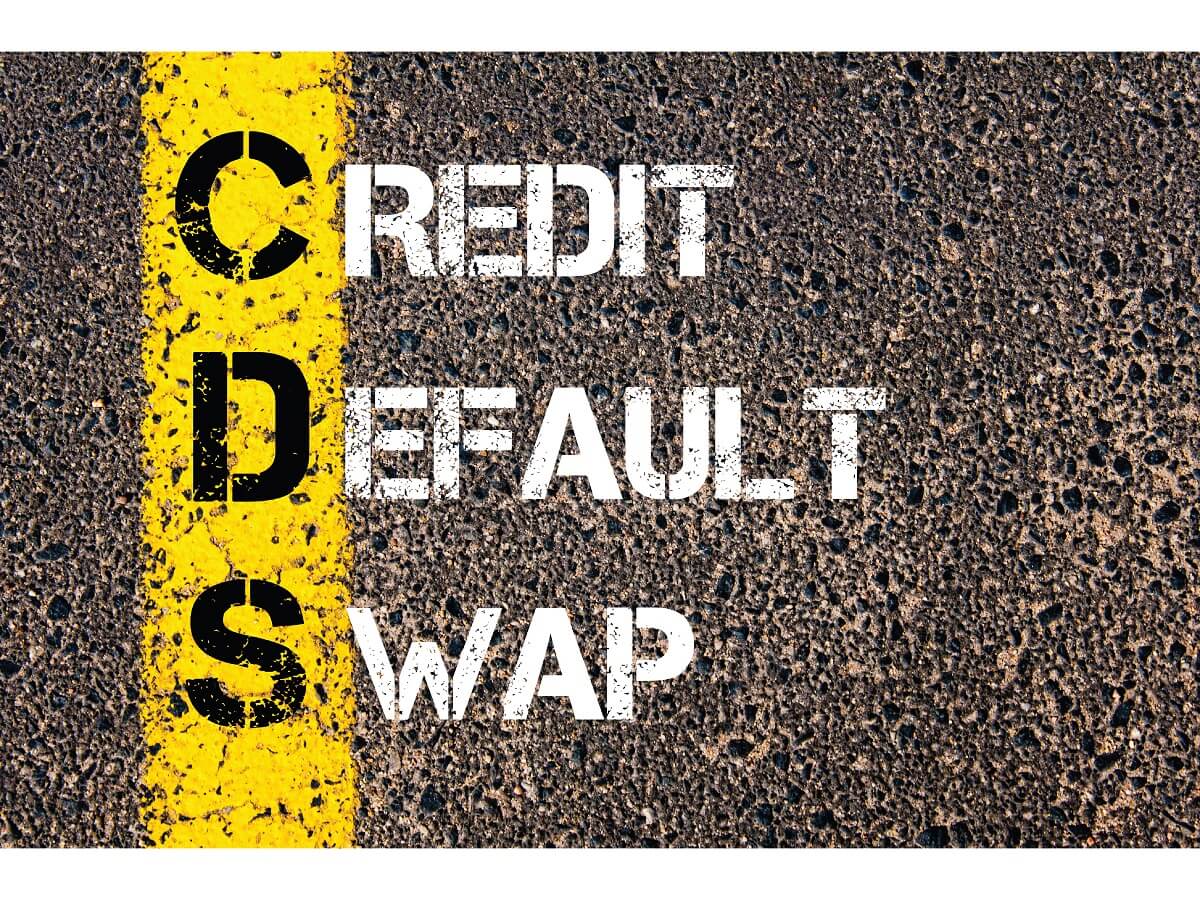Introduction
Credit Default Swap (CDS) is a financial tool that provides protection against potential defaults and helps manage credit risk. Whether you’re an investor or a financial institution, understanding CDS is crucial for making informed decisions. In this article, we’ll simplify the concept of Credit Default Swaps and explore their uses in the Indian context.
What is a Credit Default Swap?
A Credit Default Swap is a contract between two parties—the buyer and the seller—where the buyer pays a premium to the seller in exchange for protection against the default of a specific credit instrument, such as a bond or a loan. The seller commits to making payments if a default occurs.
Example: Let’s say you invest in corporate bonds issued by Company X. To protect yourself from their potential default, you can purchase a Credit Default Swap from another party who agrees to compensate you if Company X defaults on its debt obligations.
Risk mitigation with CDS
One of the primary uses of Credit Default Swaps is risk mitigation. By purchasing a CDS, investors transfer the risk of default to the seller of the contract. This allows them to diversify their portfolios without fear of significant losses due to defaults.
Portfolio diversification
Investors and financial institutions use Credit Default Swaps as tools for portfolio diversification. Instead of holding a large number of individual bonds or loans, which can be cumbersome and risky, they can use CDS to gain exposure to a broader range of credits. This diversification strategy helps spread risk and reduces concentration in specific assets.
Speculative trading
Some market participants use Credit Default Swaps for speculative purposes. They may buy CDS swap contracts on credits they believe are undervalued or sell CDS contracts on credits they expect to deteriorate. Speculative trading in CDS can be highly profitable but also carries significant risks.
Hedging
Corporate entities, financial institutions, and investors utilise CDS as a hedging tool to protect themselves from adverse credit events. For example, a bondholder may purchase a Credit Default Swap to hedge against the default of the issuer, ensuring they receive compensation in case of default.
Key Features of Credit Default Swap
- Counterparty Risk: One significant aspect of Credit Default Swaps is counterparty risk. The party selling the CDS commits to making payments in the event of a default. If the seller fails to fulfil its obligations, the buyer may not receive the protection they paid for.
- Market Standardisation: CDS contracts are typically standardised, making them more liquid and tradable. Standardisation helps improve market efficiency and transparency, as traders can easily compare and exchange CDS swap contracts with similar terms and conditions.
- Regulatory Scrutiny: Credit Default Swaps faced regulatory scrutiny due to their role in the 2008 financial crisis. Governments and regulatory bodies implemented measures to increase transparency and reduce potential abuse in the CDS market.
- Impact on Bond Markets: The presence of Credit Default Swaps can influence bond markets. When CDS contracts on a particular issuer become more expensive (indicating higher default risk), it can lead to higher borrowing costs for that issuer in the bond market.
- Complex Nature: Credit Default Swap contracts can be complex, with varying terms and conditions. Investors and market participants must carefully assess the terms of CDS contracts and their potential implications.
Conclusion
Understanding Credit Default Swaps is essential for investors and financial institutions alike. While these financial instruments offer risk mitigation and diversification benefits, they also come with complexity and potential counterparty risks.
As you navigate your investment journey, ensure you strike a balance between reaping the benefits of Credit Default Swaps while practising responsible and transparent financial practices. Mahindra Finance offers a range of solutions tailored to meet your financial needs, including business loans and other credit options. You can apply for loans easily at Mahindra Finance. Consider exploring the offerings to find the right solution for your specific requirements.
FAQs
1Q: What is a Credit Default Swap?
A: A Credit Default Swap (CDS) is a credit derivative that offers protection against potential default. It acts as an insurance contract for specific credit instruments like bonds or loans.
2Q: How can I apply for a business loan?
A: To apply for a business loan, you can approach banks or non-banking financial companies (NBFCs). They will evaluate your eligibility based on factors such as your business’s financial health and creditworthiness.
3Q: What is the meaning of credit default risk?
A: Credit default risk refers to the likelihood that a borrower will fail to meet its debt obligations. It represents the probability of default and is an essential factor considered by lenders when assessing creditworthiness.
4Q: What are the features of a swap contract?
A: Swap contracts are agreements between two parties to exchange cash flows based on predefined terms. The key features include counterparty risk, market standardisation, regulatory scrutiny, impact on bond markets, and complexity.
5Q: How does a credit default swap help in managing credit exposure?
A: Credit Default Swaps allow banks and financial institutions to manage their credit exposure by offloading some of their risks associated with specific borrowers or industries.

























































